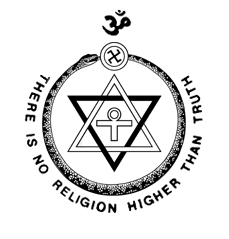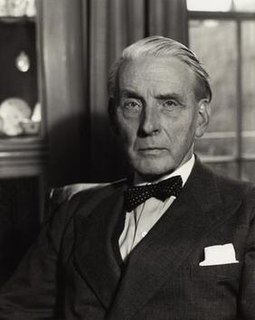A Quote by Iris Murdoch
Happiness is a matter of one's most ordinary everyday mode of consciousness being busy and lively and unconcerned with self.
Quote Topics
Related Quotes
The discoveries of the last couple decades are showing that properties of a self do actually inhere in matter, that matter seems to have properties of self-organization and life, even intelligence, consciousness. I can't say that science has proved these things, but it at least suggests the possibility. As we re-invest the world with sacredness, "spiritual" comes to mean something very different. If only a human being has these qualities, then spiritual work is inner. It's all about your own consciousness.
Happiness is not something you have in your hands; it's something you carry in your heart. Happiness is one thing that multiplies by division. Happiness is that peculiar sensation you acquire when you are too busy to be miserable. Happiness is that state of consciousness which proceeds from the achievement of one's values.
The belief that happiness has to be deserved has led to centuries of pain, guilt, and deception. So firmly have we clung to this single, illusory belief that we've almost forgotten the real truth about happiness. So busy are we trying to deserve happiness that we no longer have much time for ideas such as: Happiness is natural, happiness is a birthright, happiness is free, happiness is a choice, happiness is within, and happiness is being. The moment you believe that happiness has to be deserved, you must toil forevermore.
Happiness and peace of mind are a matter of consciousness. We must create the harmony we desire. As we raise our level of consciousness we become more in tune with the true nature of our being. This type of awareness is not an accident; it comes from study and an understanding that we are truly creative.
What I believe is that people have many modes in which they can be. When we live in cities, the one we are in most of the time is the alert mode. The 'take control of things' mode, the 'be careful, watch out' mode, the 'speed' mode - the 'Red Bull' mode, actually. There's nothing wrong with it. It's all part of what we are.
The student should bear in mind that the very essence of consciousness is constantly to identify itself with the Not-Self, and as constantly to re-assert itself by rejecting the Not-Self. Consciousness, in fact, consists of this alternating assertion and negation - "I am this" - "I am not this." Hence consciousness is, and causes in matter, the attracting and repelling that we call a vibration.
The progressive growth of the finite consciousness of man towards this Self, towards the universal , the eternal, the infinite, in a word his growth into spiritual consciousness by the development of his ordinary ignorant natural being into an illumined divine nature, this is for Indian thinking the significance of life and the aim of human existance.
If you are leaping a ravine, the moment of takeoff is a bad time for considering alternative strategies... Do it in the 'closed' mode. But the moment the action is over, try to return to the 'open' mode... because in that mode we are the most aware, most receptive, most creative, and therefore at our most intelligent.





































